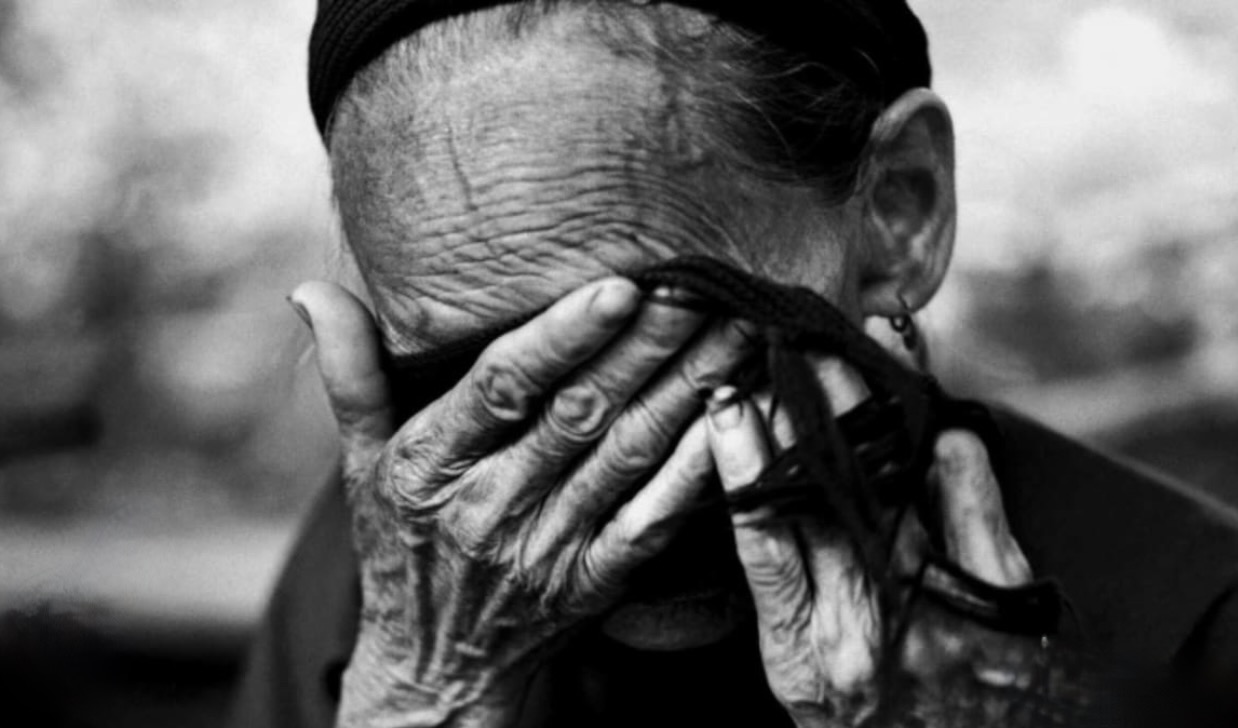IREH KIM WRITES — South Korean president Yoon Suk Yeol will visit Japan this week March 16-17, for the first time in almost twelve years, in an attempt to resolve a wartime labor compensation dispute.
It all began in 1910, with the annexation of South Korea by Japan. During Japanese colonial rule, the government forced South Koreans into strenuous physical labor, including involuntary sex labor. Japan used nearly 750,000 Korean men as forced laborers and 200,000 women as ‘comfort women’ (i.e., sex slaves) to serve Japanese soldiers. Although South Korea and Japan still maintain diplomatic relations, Japan has never officially apologized for its past crimes to the extent South Koreans require to settle the issue.
It’s a very old story. For years South Korea has encouraged, even pleaded, for Japan to publicly apologize. Starting in 1991, three former comfort women sued the Japanese government, demanding: an official apology; financial compensation; an investigation into the matter; revisions to Japanese school curricula; and a museum dedicated to war crimes. The case was dismissed in an appeal arguing that the legal issue is not framed by international law and that the compensation timeframe has expired. More such lawsuits were dismissed until 2016.
Then, in 2018, South Koreans turned to the Korean Supreme Court. In an effort to compensate wartime laborers and end this longtime dispute, the Korean Supreme court ordered Japanese industries located in South Korea – Nippon Steel and Mitsubishi Heavy Industries – to pay reparations; but the Japanese government refused, arguing that $500 million in reparations had already been paid to South Korea, in 1965. In turn, Japan responded to these lawsuits by establishing, in 2019, trade “restrictions on exports of high-tech materials to South Korea and removed the country from its list of preferred trade partners.”
This led to outcries from the public. Citizens began to take matters into their own hands by boycotting Japanese products and goods, which eventually harmed Japanese companies, leading to even more animus and hostility between the two nations.
The South Korean President’s visit to Japan thus signifies an important milestone in history. It is one of the most significant attempts to resolve a tragically long-disputed matter and mend trade relations between the two countries. In a new development, instead of demanding an apology, the Korean government itself is offering to pay Korean labor victims by establishing its own fund to provide compensation. Will the Japanese government contribute? Maybe. It’s optional.
The question is… is the latest proposal enough, or even appropriate? Will it solve the long dispute over war crimes executed by Japan? To many South Korean citizens, this issue is not only, or even primarily, about money. No fund or donation, they say, will compensate for the crimes committed. “’It’s not a proper apology,’” Yang Geum-deok, protested one of the victims to reporters. “‘It should never be like this when there are people who actually did the wrong’.”
So, is it wrong, or right, for South Korea to create its own compensatory fund? Must there still be another, somehow stronger formal written apology? This we know: It is important for us to move on from our history, but without a proper apology South Koreans will remain mired in the past. These war crimes inflicted physical and mental pain on many citizens that cannot suddenly be wiped out.

